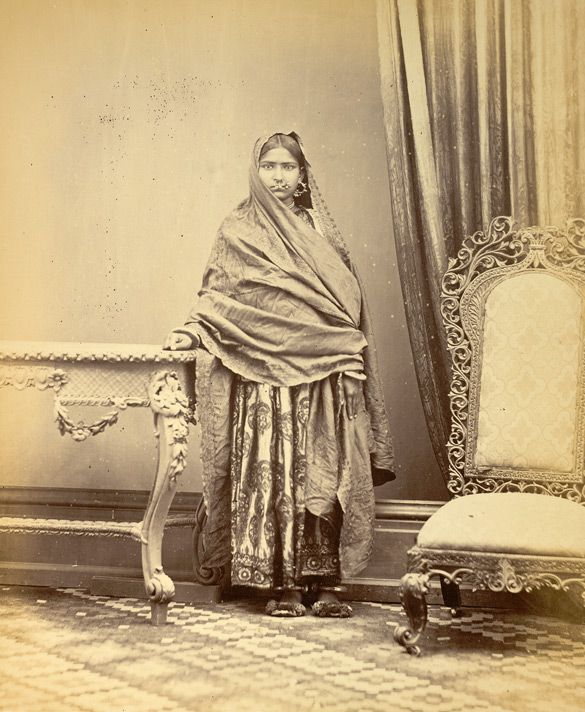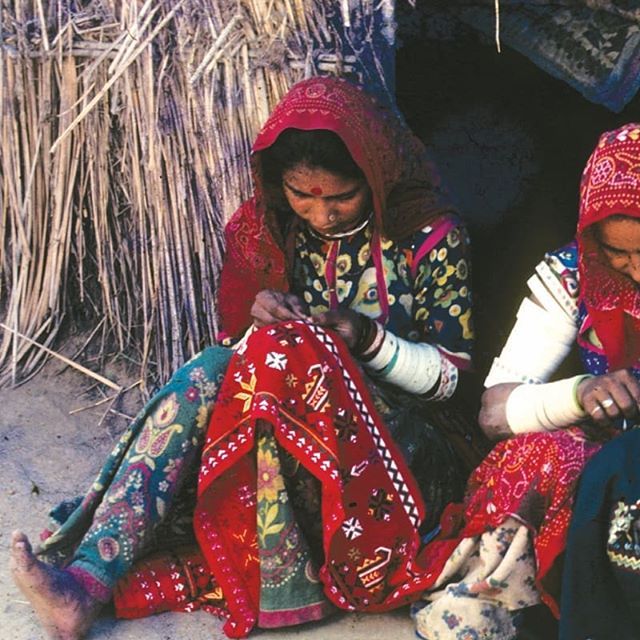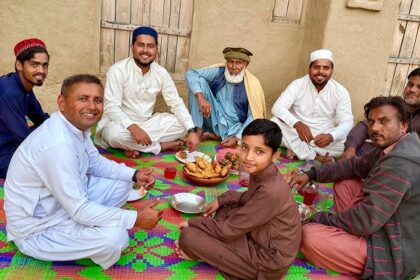Feudal Feminism: In the marbled drawing rooms of Sindh’s elite, feminism often wears designer kurtas and speaks in English-tinted Urdu. Here, the identity of the “woke woman” is constructed with curated Instagram posts, TEDx talks, and panel appearances. But beneath the gloss lies a paradox: can one truly advocate for dismantling patriarchal structures while reaping the fruits of feudal power?
Preformative Politics and the Feudal Facade
Women born into Sindh’s landed aristocracy inherit more than ancestral homes—they inherit visibility. This visibility allows them to champion women’s rights in public spheres, but it’s often tethered to family, tribal, and class loyalties. For many, feminism becomes *selective activism*: vocal in urban spaces, silent in rural injustice.
The same women who decry oppression may maintain hierarchical household structures where domestic workers are nameless shadows. The same women who hashtag #MeToo may tiptoe around marital abuse within their lineage to protect the family name. Here, silence is a currency of loyalty.

Threading Resistance Through Privilege
Yet some elite women use their privilege to challenge conventions: by penning memoirs that shatter familial myths, pushing for inheritance rights, or launching grassroots initiatives for girls’ education. These acts are not devoid of contradiction—but they are steps toward change.
Still, we must ask: can feminism rooted in privilege ever truly be intersectional? How do we center the voices of Sindhi women who are ‘not’ invited to panels, whose activism isn’t photogenic, whose feminism is in defiance—not designer?
Cultural Mirrors
Literature becomes our lens. Tehmina Durrani’s “My Feudal Lord” exposes the emotional brutality behind political glamour. Meanwhile, contemporary Sindhi writers offer textured portrayals of women negotiating visibility, voice, and vulnerability. These narratives remind us that feminism in Sindh is not monolithic—it is fractured, layered, and often haunted by compromise.
Conclusion: Beyond Drawing Rooms
Feudal feminism is not a rejection of elite women’s activism—but a call to critique its boundaries. To move beyond curated liberation and toward solidarity with the invisible, the silenced, and the subaltern. Because real transformation in Sindh will not arrive via brunch debates—it will come when feminism doesn’t just speak Urdu, but listens to it in all its dialects.













